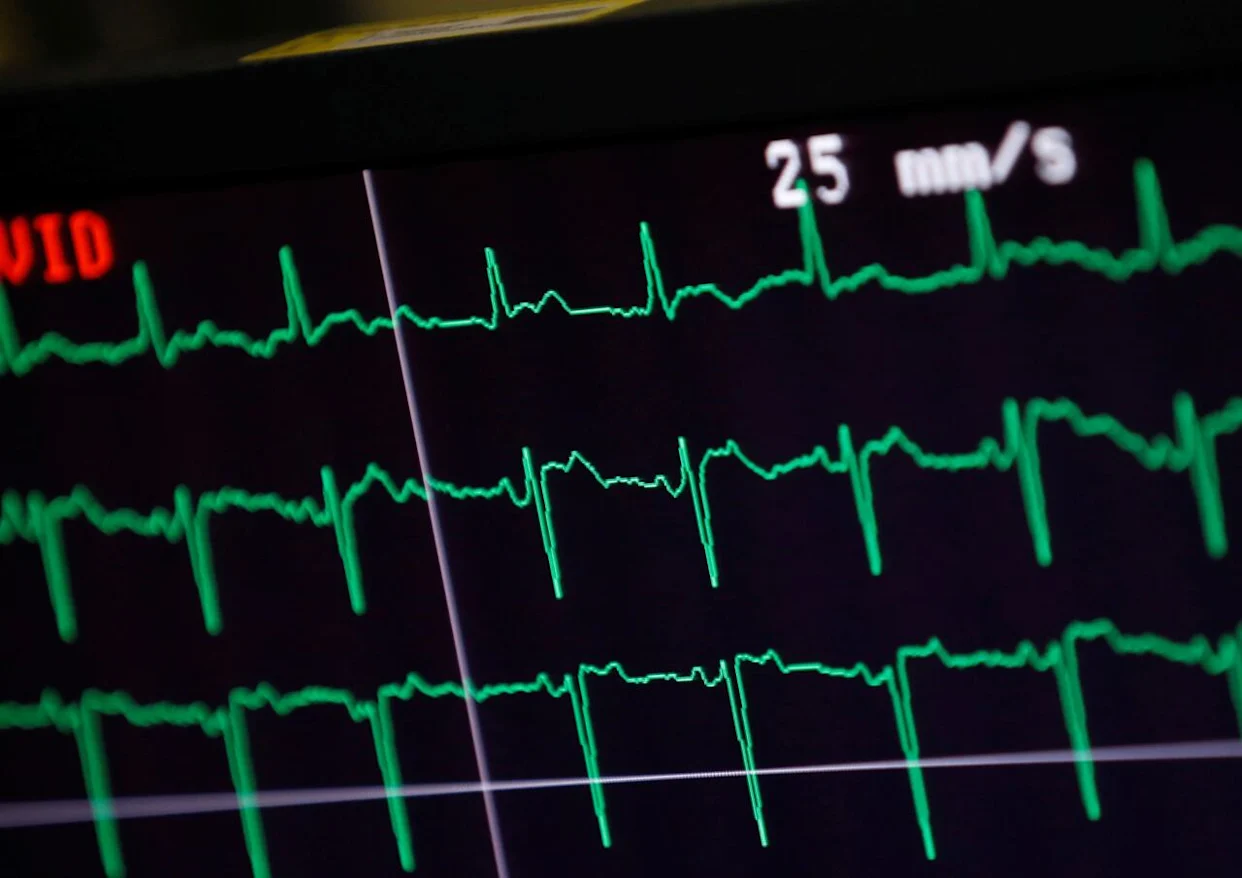Atrial Fibrillation
Multimodal models for evaluating arrhythmia mechanisms and rhythm control therapies
Atrial fibrillation (AF) is the most common sustained arrhythmia in humans and a major contributor to stroke and heart failure risk. CorDynamics offers multiple preclinical models—Langendorff heart, anesthetized canine, and telemetry-based—to evaluate atrial substrates, arrhythmia triggers, and therapeutic interventions.
Preclinical Models of Atrial Fibrillation
CorDynamics supports early-stage and translational AF research through a suite of complementary models, each enabling interrogation of distinct electrophysiological mechanisms.
- Isolated Langendorff Heart: Used for early discovery screening, this ex vivo model supports rapid, compound-sparing assessments of atrial electrophysiology. It allows for flexible pacing protocols and short study turnaround.
- Anesthetized Canine Model: Acute AF is induced via vagal stimulation and epinephrine infusion. Complete electrophysiology is recorded—including atrial, AV nodal, His bundle, and ventricular activity—allowing detailed mapping of arrhythmic behavior.
- Telemetry-Based Atrial Tachypacing: Chronic AF is induced via rapid atrial pacing in canines, producing both electrical and structural remodeling consistent with the clinical presentation of AF. This model supports long-term studies with concurrent ECG, hemodynamic monitoring, and multi-compound administration in line with the 3Rs.
These models are used to:
- Investigate rhythm control and anti-arrhythmic compounds
- Study atrial remodeling and inducibility thresholds
- Generate PK/PD, tolerability, and efficacy data in the same study
- Advance preclinical candidates toward IND-enabling packages
Why Choose CorDynamics
CorDynamics has deep experience executing AF studies across ex vivo, anesthetized, and conscious models. Our team provides tailored study designs to support screening, lead optimization, or translational validation.
All models are supported by advanced electrophysiology instrumentation, telemetry systems, and in-house expertise in pacing, data acquisition, and arrhythmia analysis.
Our team helps advance rhythm control therapies through flexible, translational AF models.



